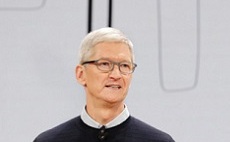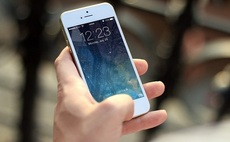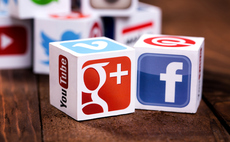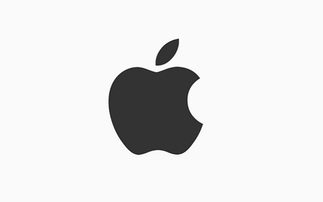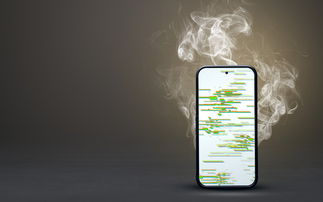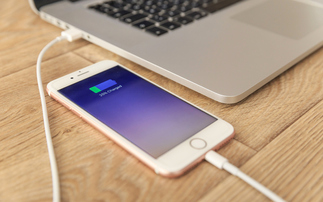Apple's new smartphone provokes mixed reaction in the technology world, with some disappointed at the lack of NFC capability
Yesterday's launch of Apple's iPhone 5 has drawn the usual line in the sand among industry commentators. Between those who champion the smartphone's offering of enough innovation to maintain the...
To continue reading this article...
Join Computing
- Unlimited access to real-time news, analysis and opinion from the technology industry
- Receive important and breaking news in our daily newsletter
- Be the first to hear about our events and awards programmes
- Join live member only interviews with IT leaders at the ‘IT Lounge’; your chance to ask your burning tech questions and have them answered
- Access to the Computing Delta hub providing market intelligence and research
- Receive our members-only newsletter with exclusive opinion pieces from senior IT Leaders









